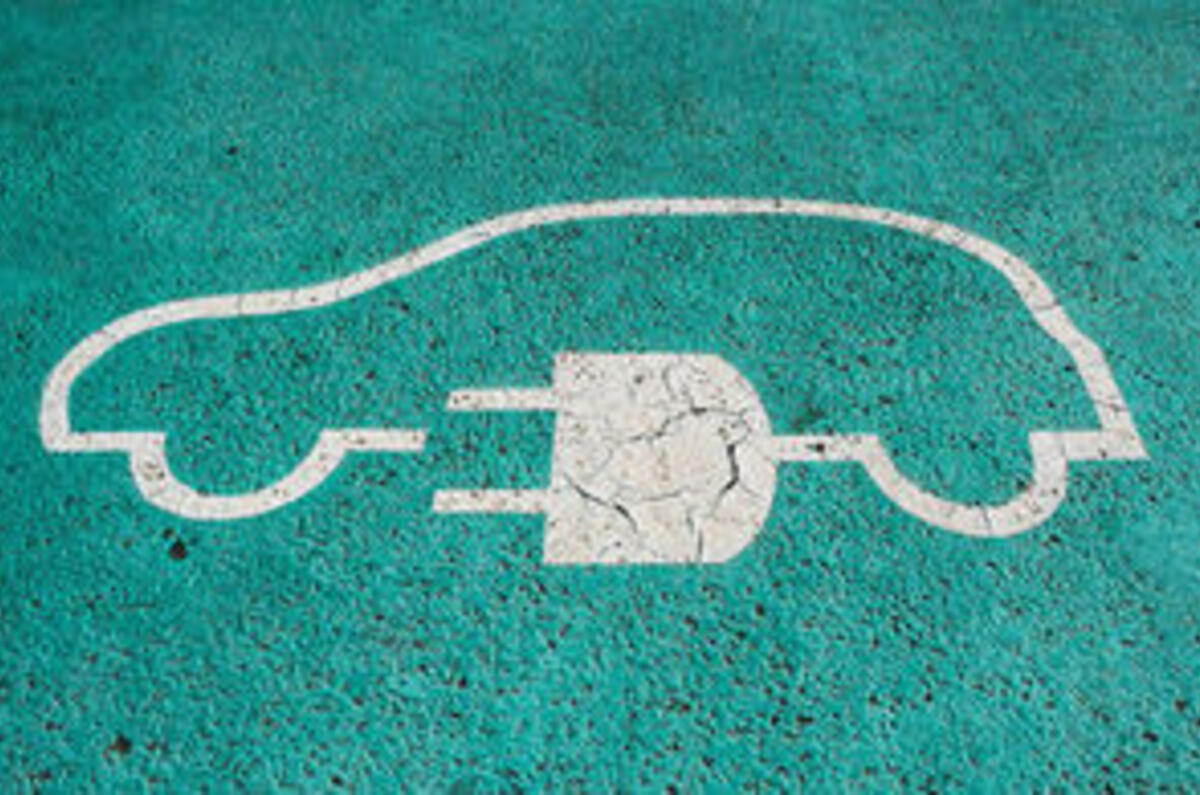The government has announced a £246m investment in battery technology for electric vehicles as it aims to “establish the UK as world leader” in the sector.
The investment, which is part of the government’s broader industrial strategy, will begin with the launch of a £45m ‘Battery Institute’ competition, which will ultimately see the formation of a centre for battery research to make technology more accessible and affordable.
It will be the first phrase of a four-year investment, known as the Faraday Challenge, which will deliver a programme of competitions aiming to “boost both the research and development of expertise in battery technology”, according to the Department for Business, Energy and Industrial Strategy (BEIS).
Once the Battery Institute has been created, the most promising research created by it will be moved closer to market through industrial collaborations, led by Innovate UK, the government’s innovation agency.
Then, the Advanced Propulsion Centre – described as a centre of excellence for low carbon propulsion development and production - will work with the automotive sector to identify the best proposition for a new open access National Battery Manufacturing Development facility.
Talking about the investment, Business Secretary Clark said: "The work that we do through the Faraday Challenge will – quite literally – power the automotive and energy revolution where, already, the UK is leading the world."
The Government and Ofgem have also set out a plan today to ensure the UK’s energy system is prepared for the anticipated onslaught of electric vehicles. BEIS commented: “With over a quarter of the UK’s electricity being generated through renewables and the costs of technologies like battery storage rapidly decreasing, there are significant opportunities to secure economic benefits for businesses and households across the country.”
Commenting on the energy system plans, Francisco Carranza, Nissan Europe energy services boss, said: “Electric vehicles are not just changing the way we drive, but also the way we live. To ensure Nissan plays a wider role in the advancement, and protection, of our cities and towns, our electric vehicles will be used as clean mobile energy units. This is an area of extraordinary potential both in terms of the environment and the affordability of energy in the future."
He added: “We now look at our cars as so much more than products which simply move people from A to B – they are an intrinsic part of the way we consume, share, and generate energy. This will have a fundamental impact on the shift from fossil fuels to renewables.





Join the debate
Add your comment
Delusions of grandeur
Battery hens
Will this save the new generation of Mini EV's made in Europe? (sorry- not UK).
We have far bigger fish to fry than this
How about a few more prisons, nuclear power stations, police, nurses etc etc. We seem to be a world leader in throwing good money down the drain! The battery technology boat has already sailed.